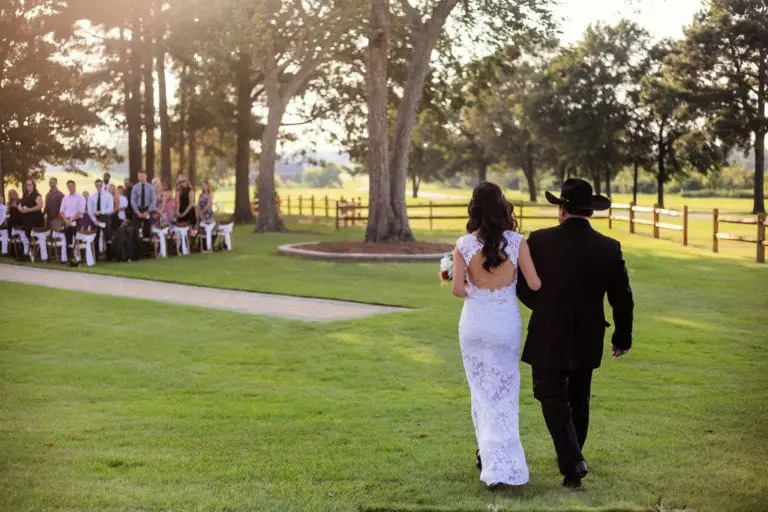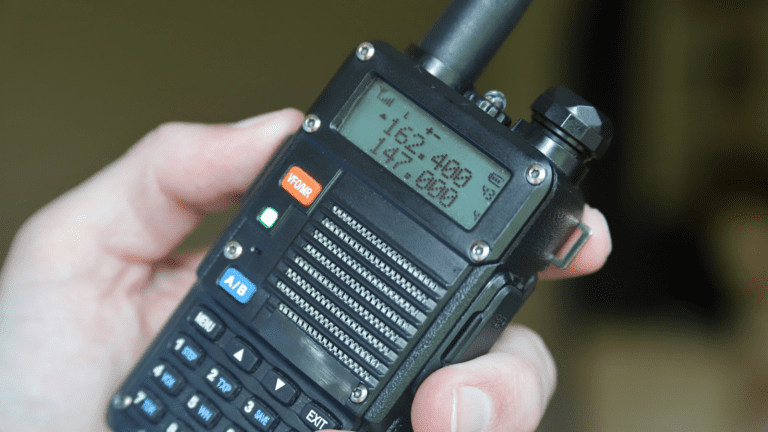Things to Consider in Choosing an Event Planner

Event planners coordinate logistics and care for minor details so your event goes off without a hitch. But, like any other job, some unexpected issues can occasionally arise.
The first step in arranging an event is finding a venue. However, selecting the right venue can be challenging because of many factors.
Experience
When interviewing event planners, it’s essential to find out if they have experience in your industry or with your type of event. It will give you a good idea of their ability to handle the challenges of your specific project. Go to totaleventsdfw.com/corporate-event-planner/ to learn more.
It’s also a good idea to see how they handle unforeseen events. For example, if something goes wrong on the day of an event, a planner should be able to develop solutions quickly and efficiently.
A great event planner should be able to balance their logical side with their creative output. It would be best if you were wary of any planner that is not open about their fees, prices, and policies. It is a red flag that they may be trying to hide hidden costs from you.
Reputation
An event planner’s reputation is vital to the success of an event. They are constantly meeting new people and interacting with C-suite executives, donors, vendors, and attendees, so their communication skills must be top-notch to ensure everybody involved understands each other.
For example, they need to be able to read body language and know that not everyone wants to be hugged or air-kissed at an event. It is also essential that they are aware of greeting etiquette.
They must have strong negotiating skills to secure discounts or deals for clients. They can negotiate with venues and other vendors that you might need access to as an individual. It can save time and money in the long run. Plus, it can make the entire event more enjoyable for your guests.
Fees
An event planner must invest a fair amount of time researching venues and vendors to meet clients’ needs. Some event planners bill a flat fee for these services, while others may charge a percentage of the overall event budget.
Your chosen event planner must track the hours they spend on each project. It will give you a solid base of what to expect from your wedding planner regarding billing fees.
Being a successful event planner requires a strong dedication to meeting your client’s goals. It includes being able to take constructive feedback and adjust accordingly. This flexibility can also be seen in how they deal with last-minute changes – like when a keynote speaker gets stuck in traffic or the florist doesn’t deliver the right flowers.
Flexibility
Before interviewing, you should know what you’re looking for in your event planner. The more information you provide them, the better they can tailor their services to meet your needs.
For example, if you want a champagne event but are on a beer budget, your planner can suggest ways to save money while making it memorable. You should also discuss your expectations and whether they’ll have a backup plan if anything goes wrong.
An experienced event planner will have established relationships with venues and vendors and can secure deals you need help getting. Ask your prospective planner about their networks. Also, mention if you’d prefer them to use specific software or marketing channels.
Communication
Event planners must be able to communicate with clients and other members of their team. It includes being able to explain complex concepts clearly, as well as listening and adapting to client needs.
When interviewing potential event planners, ask about their communication styles and channels. You should also see how they handle client issues and challenges. It’s best to work with a planner that is proactive in communicating and has experience handling emergencies. It’s also a good idea to ask each candidate about their experience with special event insurance. It will help you to avoid any surprises or misunderstandings. It can be a real pain if an unexpected issue arises, and having the right coverage in place can make all the difference.







